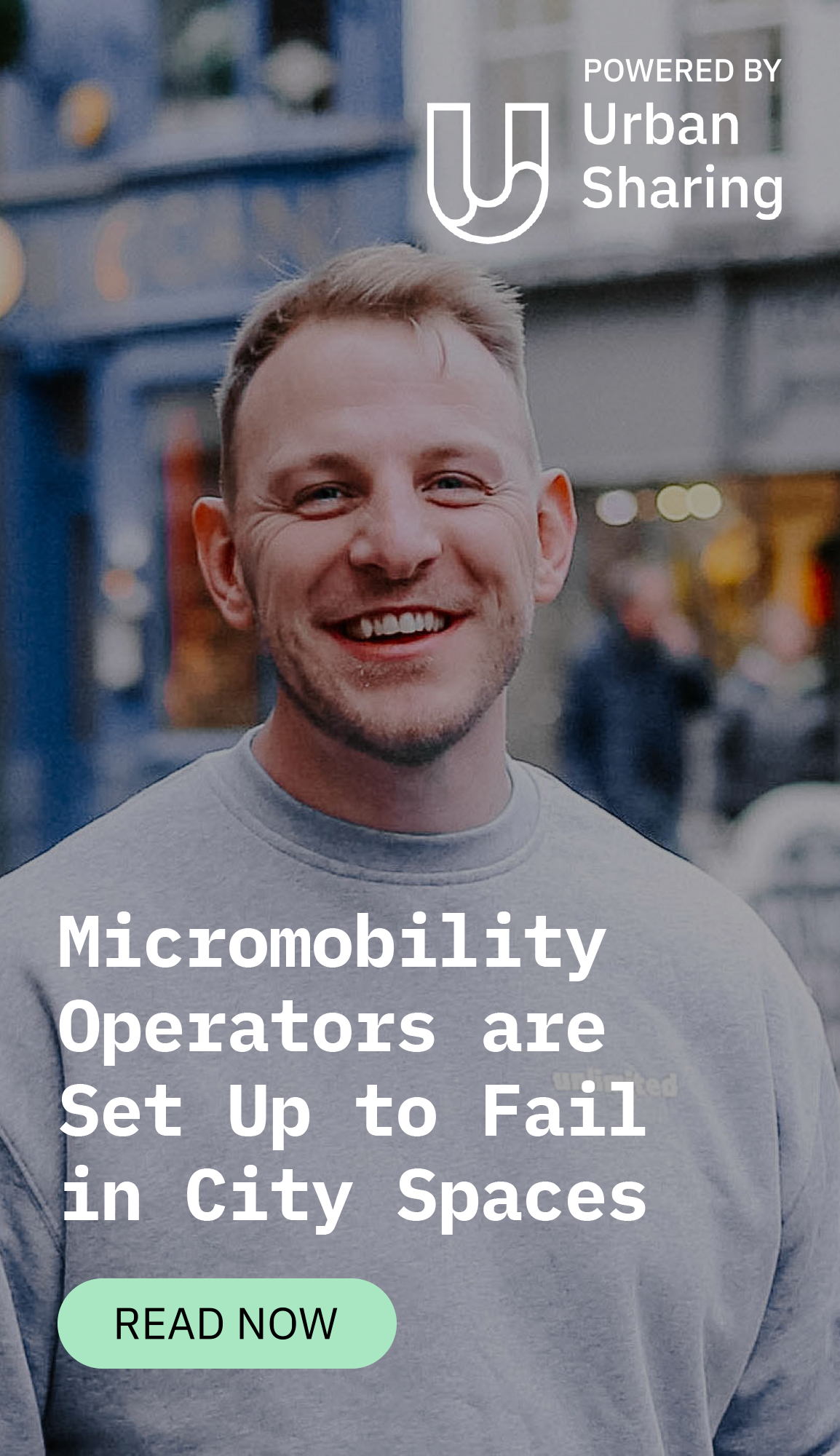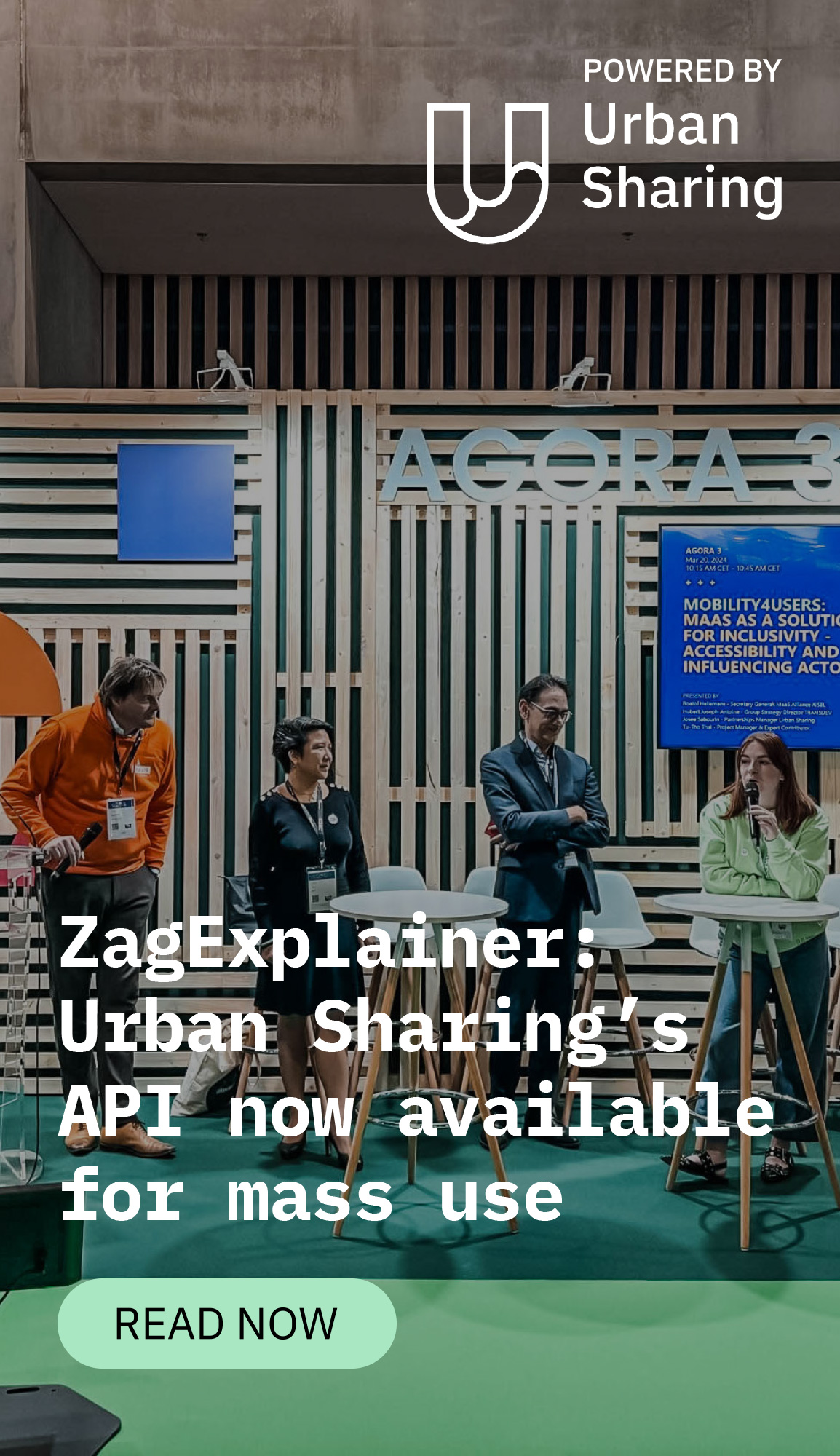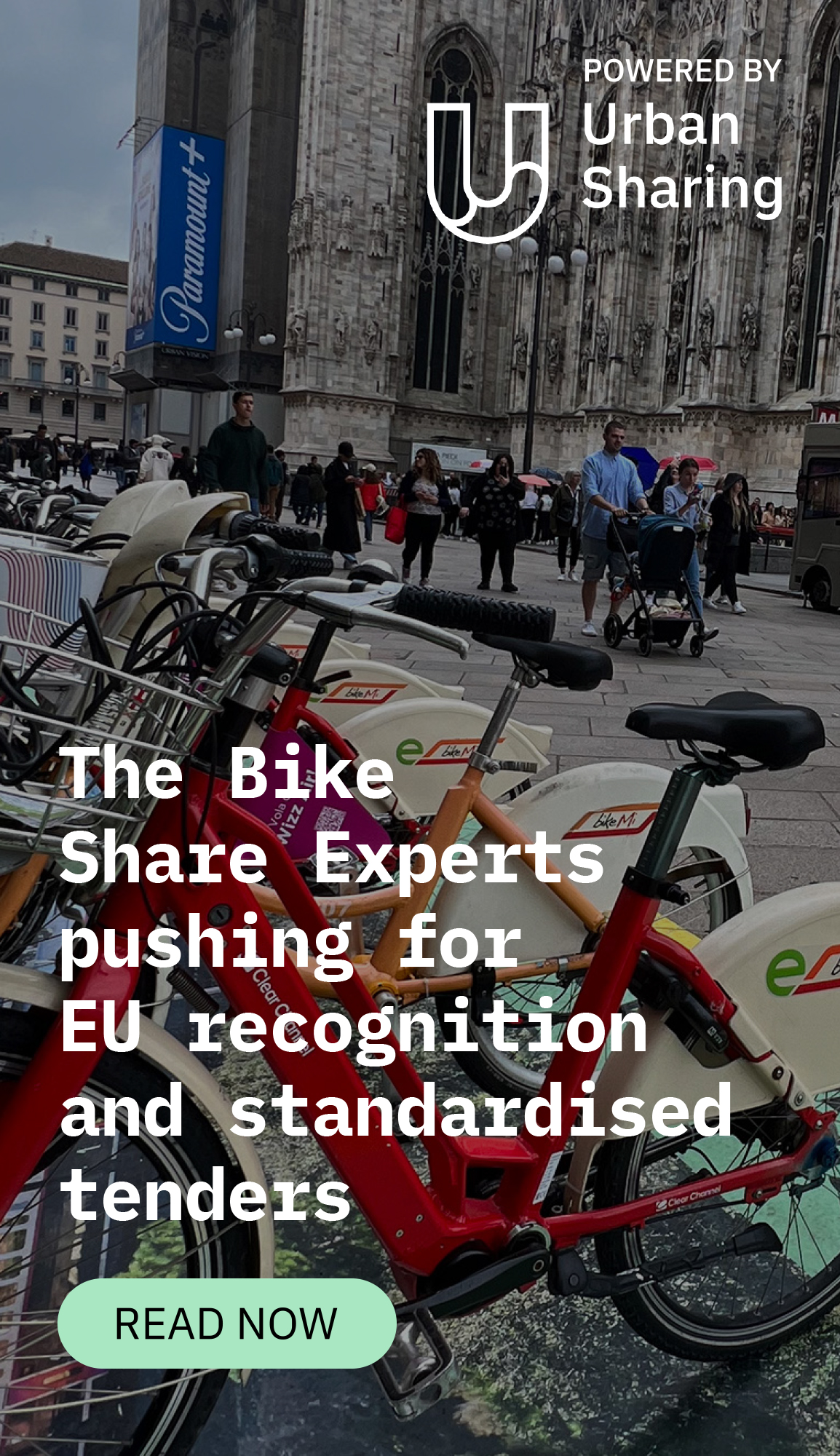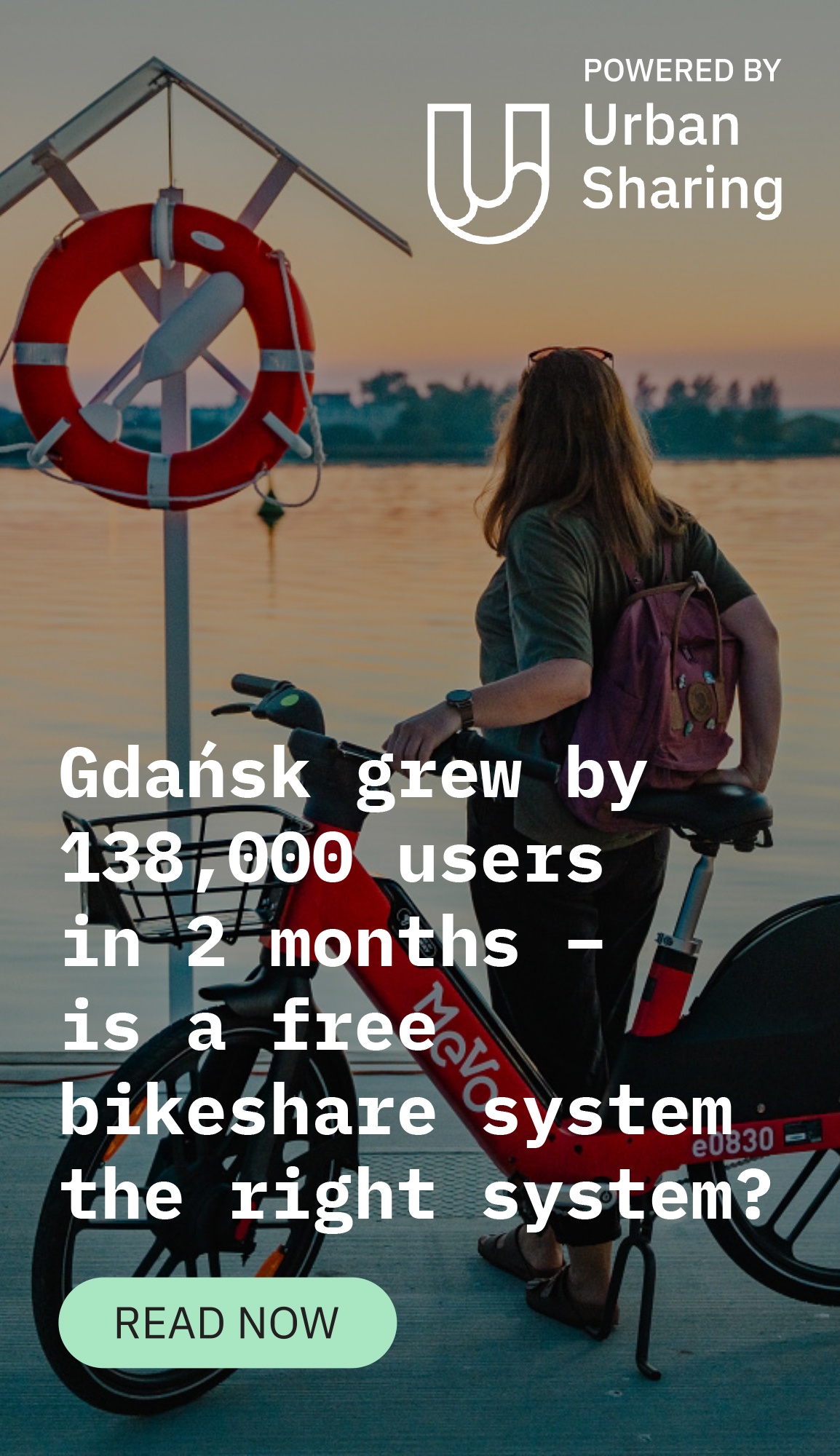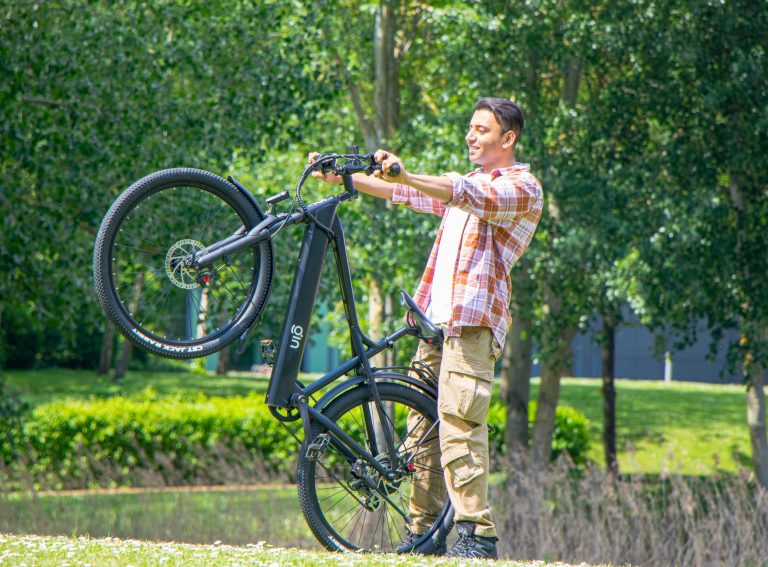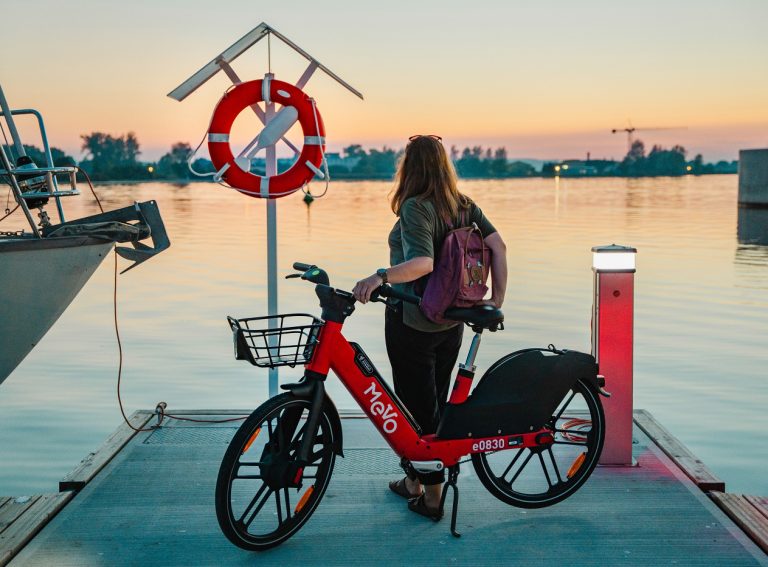Author: Ben Lee, Strategic Partnerships Lead, Beryl
An innovative partnership between Beryl and Enterprise Car Club, designed to promote the benefits of shared vehicle use for both business and personal travel, has enjoyed a hugely successful first year.
Enterprise Car Club is a British pay-as-you-go vehicle rental service which lets users rent a car when and where they need it.
The goal of the partnership? Giving people an alternative to private vehicle ownership which reduces congestion and carbon emissions. The method? Offering Beryl users a free first year of Enterprise Car Club membership, which means they only pay for the renting time, and they receive a £10 Enterprise credit.
And the method is clearly working. Since launching just over a year ago, nearly 1,000 people have already taken up the offer, making over 35,000 Beryl journeys across nearly 80,000 km.
Here’s why the scheme has worked so well in its infancy.
What do the numbers say?
Nearly 1,000 of the 35,000 journeys were made by new users, showcasing the initiative’s potential for breaking down the barriers to sustainable transport and encouraging cleaner, greener transport habits.
Those rides have generated nearly 8,000 hours of physical activity, contributing towards getting people active and improving mental and physical health across Beryl scheme areas.
Cheaper and more convenient
Government statistics show that private car ownership has constantly increased over the last 50 years, with just 22% of UK households not having access to a car in 2022 compared to 48% in 1971 (based on the Census).
However, the rising cost of living means that private vehicle ownership is fast becoming an expensive luxury for some.
Storage is another issue, with the RAC Foundation’s Standing Still report claiming that only 65% of households in Great Britain either have, or have the potential to offer off-street parking for at least one vehicle. This figure is likely to be much lower for inner-city areas.
Shared transport can battle these concerns.
Shared dovetailing
The partnership works as the two modes of transport target different types of journeys. Beryl vehicles’ suitability for first and last-mile journeys make it quick and simple to link with an Enterprise Car Club car, which can then be used for longer journeys.
Beryl’s all-time journey data shows that the average ride distance is 2.9km and the average time of a journey is 23 minutes. The company’s latest Annual Rider Report also shows that, when commuting, 31% of riders use Beryl to connect with other transport modes, compared to 27% in 2022. Using Beryl for ‘first mile, last-mile’ journeys is now more popular than using it for the full commute, which is only done by 25% of riders, 3% fewer than in 2022.
An examination of the overall journeys undertaken in the first year that utilised this partnership showed an almost even split between journeys from 0-2 km (54.52%) and journeys from 2-10 km (45.48%).
The future
The offer is open to Beryl users in Norwich, Watford, Hereford, Leeds, Cornwall, Brighton, Southampton, Portsmouth, Isle of Wight and the Bournemouth, Christchurch and Poole areas. Users who enter their promotional code will be able to join Enterprise Car Club for £10 reduced from £60 and get £10 of free driving credit.
This partnership is undoubtedly providing a viable alternative to private vehicle ownership while making towns and cities cleaner and greener spaces in which to live, work and visit.
But as well as helping to reduce carbon emissions, it’s also encouraging more people to boost their physical activity levels, which can have a positive effect on people’s physical and mental health.
With Beryl’s ongoing expansion into new towns and cities, we’re hoping that the partnership can continue to grow over the coming months and encourage even more people to adopt more sustainable transport habits.

